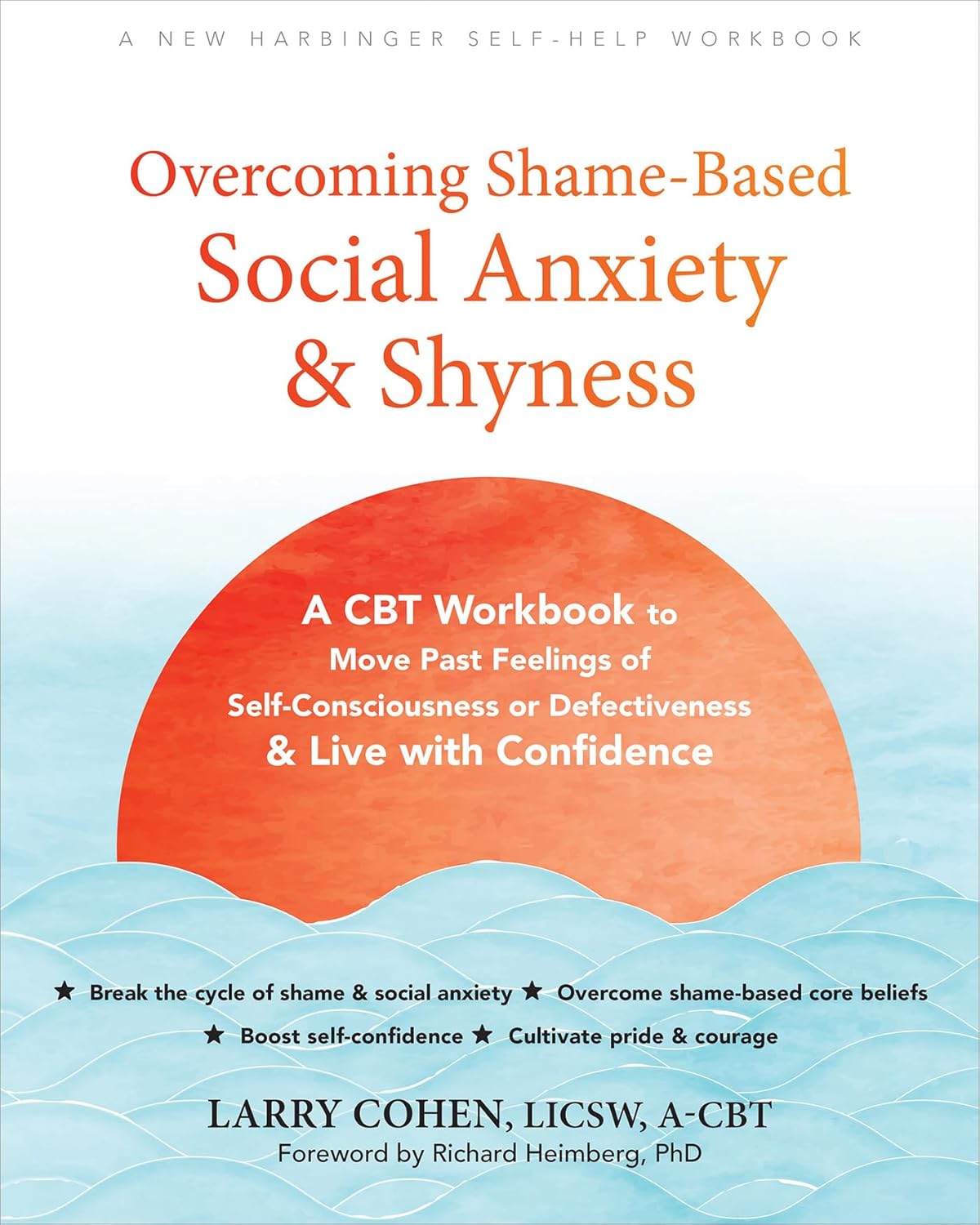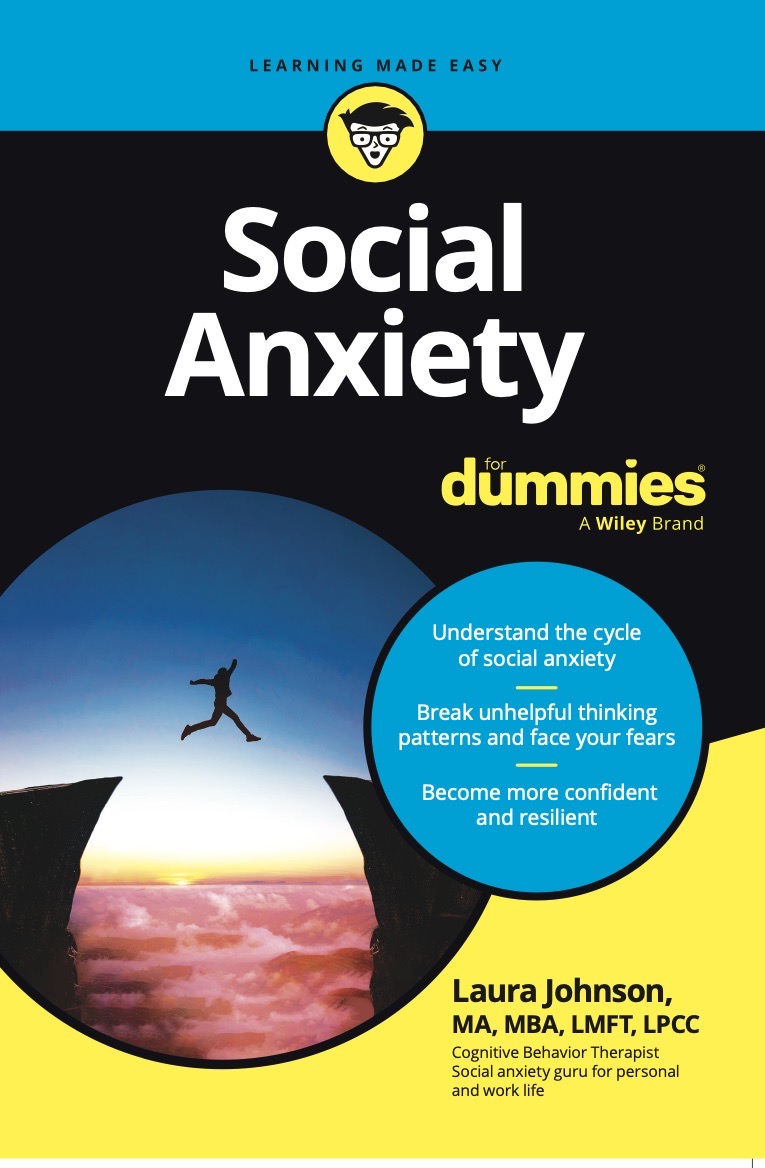The National Social Anxiety Center predicts that approximately 12% of Americans will experience some form of life-interfering social anxiety in their lifetime. Forming new friendships or relationships, introducing oneself to strangers, or speaking during a meeting are all examples of situations that can trigger social anxiety. While social anxiety can feel debilitating, there are effective ways to overcome it and live a meaningful life. First, it can be important to understand how our mind can sometimes be both our biggest support and our biggest drawback.
Developing a “Fact Checker”
As much as individuals would like to think that their mind views the world through an objective lens, the reality is much different. We live in our mind day in and day out, being the first to witness the thoughts and feelings that occupy our consciousness, and sometimes unconscious. Our thought processes do not come automatically wired with a “fact checker” that holds the mind accountable for how it perceives the world. Therefore, we often take what our mind tells us to be absolutely true, and we rarely look for evidence that would try to contradict it. Instead of focusing on what supports and does not support what we believe, we tend to solely focus on what supports what we believe to be true.

There are additional variables that further reinforce what we believe to be true. Sometimes without even knowing it, we engage in certain behaviors or activities that further strengthens the already distorted view that we hold. For example, if I am looking to lose weight, I may fill my social media newsfeed with fitness models, healthy eating tips, and exercise routines to try to keep myself motivated. While on the surface this seems like a great way to keep myself accountable, doing this may actually be self-defeating. Instead of focusing on the progress I have made, all I focus on is how other individuals are thinner than me, healthier than me, and work out more than I do. The same argument can be made with individuals struggling with social anxiety: they tend to focus solely on how they are deficient in social situations, misinterpret individual’s nonverbals as negative reflections of their actions, and surround themselves with examples that further reinforces that they are falling short in social situations.
Sometimes the biggest challenge when tackling anxiety is to stop engaging in self-defeating behaviors and thoughts that reinforce the beliefs that individuals hold about themselves. While initially trying to build up resistance is challenging, there are a variety of ways to help build a fact checking system to help combat the feelings of anxiety that are being experienced.
Take a Break from Social Media
First and foremost, limit social media use or take a break from it altogether and learn to use it strategically. Mindlessly scrolling and seeing other individuals’ “thriving” social lives is both inaccurate and self-defeating. People are not going to post about awkward interactions throughout the day, are not going to post unflattering photographs and want to present themselves as a flawless, perfect individuals. However, this is never the case but is all that is presented to observers. Instead of comparing yourself to people on social media, disengage from it completely. By not allowing yourself to compare yourself to others, you are taking the first step in living a healthier life.
Focus on the Positive
Our minds often focus on things that further reinforce the thoughts we already believe to be true, often dismissing evidence that would work in our favor. An individual may focus on the one negative social interaction they had with others, such as turning bright red and fumbling through a school presentation, rather than focusing on all the times they had positive interactions with people. Many discount all small positive interactions they had with others or better yet, the times when their behavior was completely “normal,” and focus only on the behavior that supports the idea that they are social incompetent.
Stop Avoiding
It is all too common to evade particular situations that elicit anxiety. While avoidance provides immediate relief, in the long term this relief further reinforces the underlying anxious thoughts. The goal is not to avoid certain situations, but instead to learn how to overcome these situations and learn that the true reality is probably less extreme than how something is being perceived. Over time, it can be helpful to actually put yourself in situations that elicit anxiety to further prove than you can handle social situations and the feelings of anxiety and doom that sometimes come with it.
We’re all Actually Very Self-Centered Creatures
What makes you think you’re so important that other people are constantly paying attention to you and your every move? It is rare for even the most confident individuals to go through life without having some insecurities about how they interact with the world. Chances are, people are more concerned with their own thoughts and behaviors, much like you are, and are more concerned with how others will perceive them than their perception of you.
Written by:
Keirnan Dougherty, LSW
Cognitive Behavior Institute
NSAC Pittsburgh, PA











